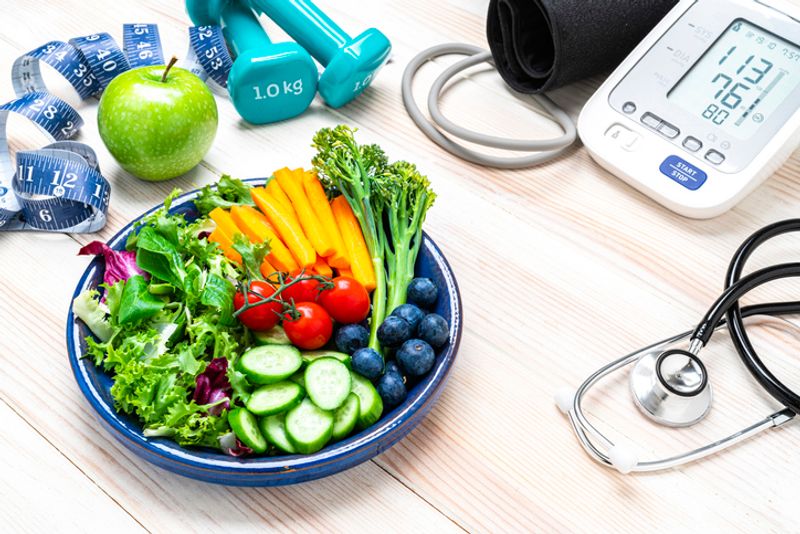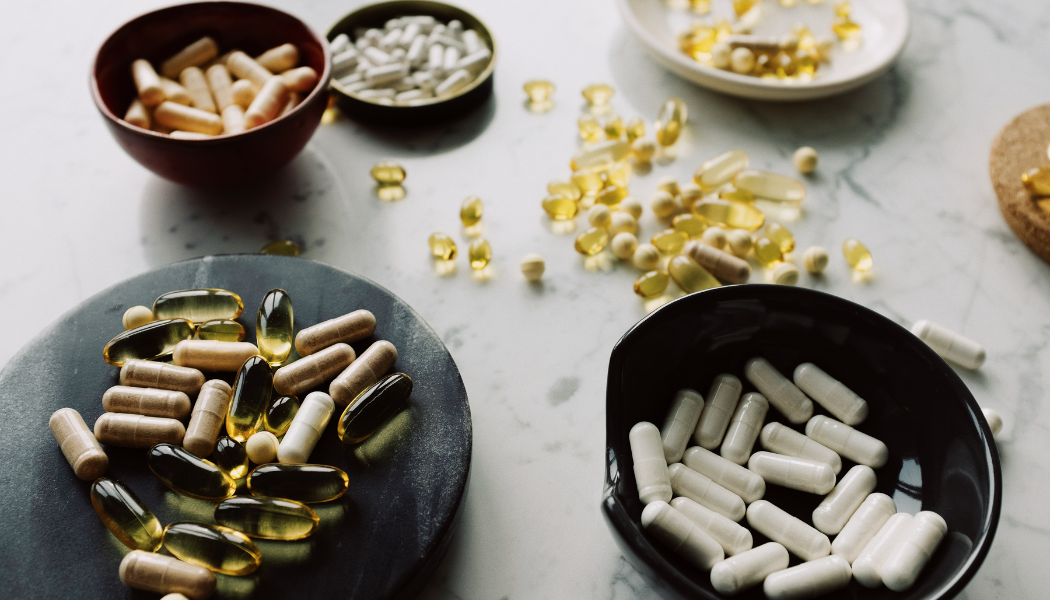6 Things to Include in a Diet for High Blood Pressure
Managing high blood pressure, or hypertension, is crucial for maintaining overall health and reducing the risk of heart disease and stroke. One of the most effective ways to manage hypertension is through diet. In this post, we’ll explore six essential components to include in your diet that can help lower blood pressure and promote heart health.
1. Fruits and Vegetables
Overview: Fresh fruits and vegetables are packed with essential vitamins, minerals, and antioxidants. They are low in calories and high in fiber, making them a perfect addition to any diet.
Why They Help: Rich in potassium, fruits and vegetables help balance sodium levels in the body, which is crucial for blood pressure regulation. Aim for a variety of colors to maximize nutrient intake. Consider incorporating:
- Bananas: High in potassium.
- Berries: Packed with antioxidants.
- Leafy Greens: Such as spinach and kale.
2. Whole Grains
Overview: Whole grains, such as brown rice, quinoa, oats, and whole grain bread, are excellent sources of fiber.
Why They Help: Fiber helps maintain healthy cholesterol levels and supports digestion. Studies have shown that diets rich in whole grains can lead to lower blood pressure. Try replacing refined grains with whole grains in your meals.
3. Lean Proteins
Overview: Lean proteins include skinless poultry, fish, beans, and legumes. These foods provide essential nutrients without excess saturated fat.
Why They Help: Fish, particularly fatty fish like salmon and mackerel, are high in omega-3 fatty acids, which have been shown to reduce inflammation and lower blood pressure. Incorporating plant-based proteins, like lentils and chickpeas, can also be beneficial.
4. Nuts and Seeds
Overview: Nuts and seeds, such as almonds, walnuts, chia seeds, and flaxseeds, are nutrient-dense options that are easy to add to meals and snacks.
Why They Help: These foods provide healthy fats, magnesium, and fiber, which contribute to heart health. Research has indicated that regularly consuming nuts can help lower blood pressure levels. Just be mindful of portion sizes, as they are calorie-dense.
5. Low-Fat Dairy
Overview: Low-fat or fat-free dairy products, like yogurt and milk, are good sources of calcium and protein.
Why They Help: Calcium is essential for maintaining healthy blood pressure levels. Studies suggest that dairy products, especially those low in fat, can be beneficial for hypertensive individuals. Look for options fortified with vitamin D for added benefits.
6. Herbs and Spices
Overview: Using herbs and spices to flavor your food instead of salt can be a game changer in managing blood pressure.
Why They Help: Many herbs and spices, such as garlic, basil, and cinnamon, have natural properties that can help lower blood pressure. For example, garlic has been shown in studies to have a significant effect on reducing hypertension.
Conclusion
Incorporating these six components into your diet can help manage high blood pressure and promote overall cardiovascular health. Remember, it’s essential to combine dietary changes with other lifestyle modifications, such as regular exercise, stress management, and avoiding excessive sodium intake.


